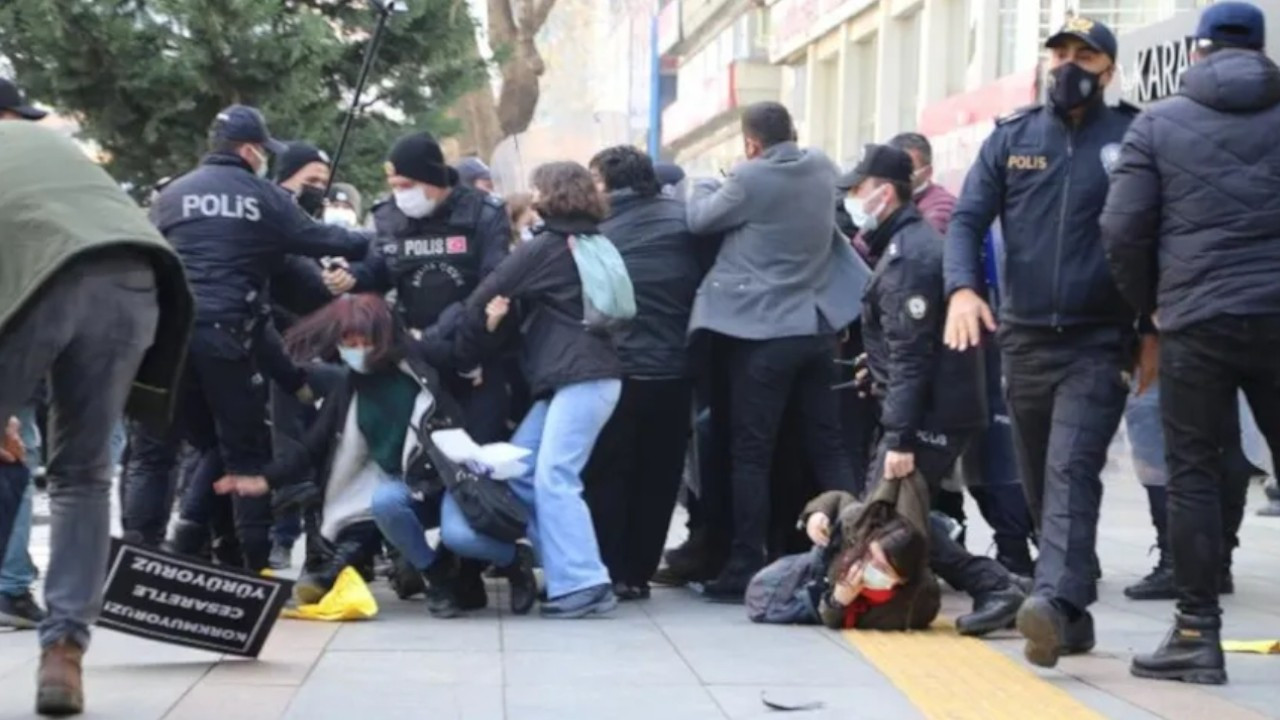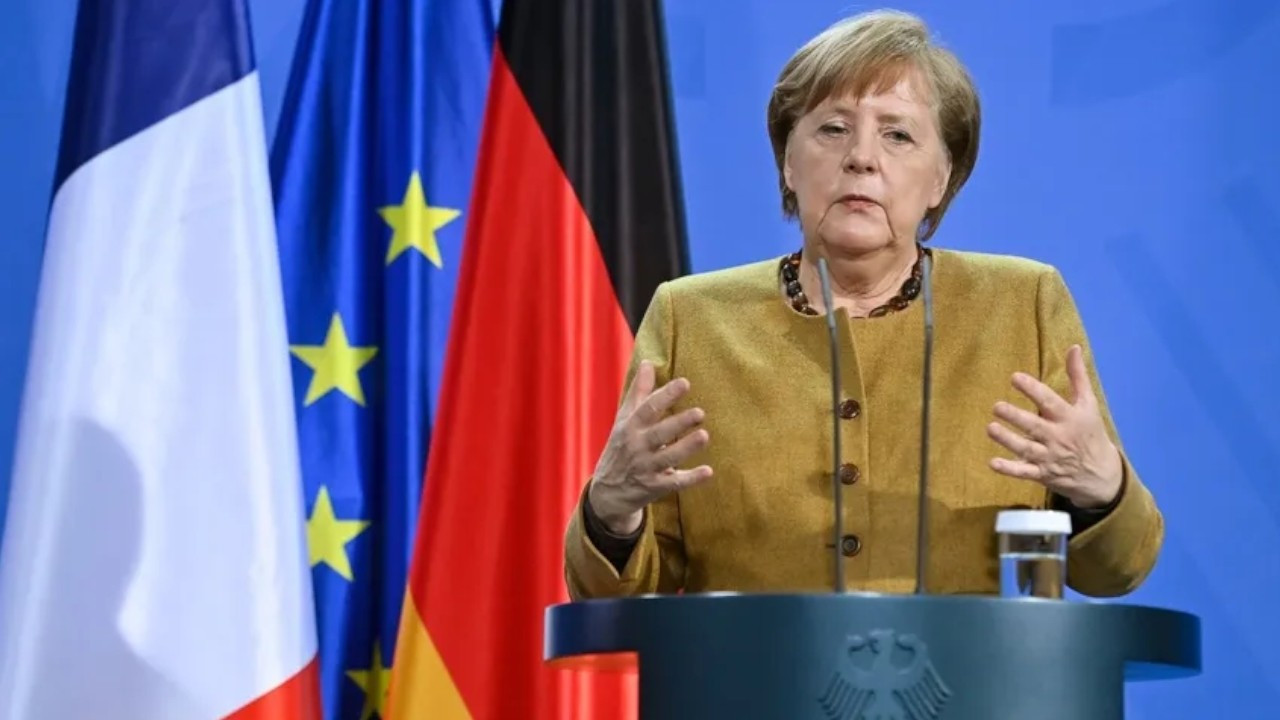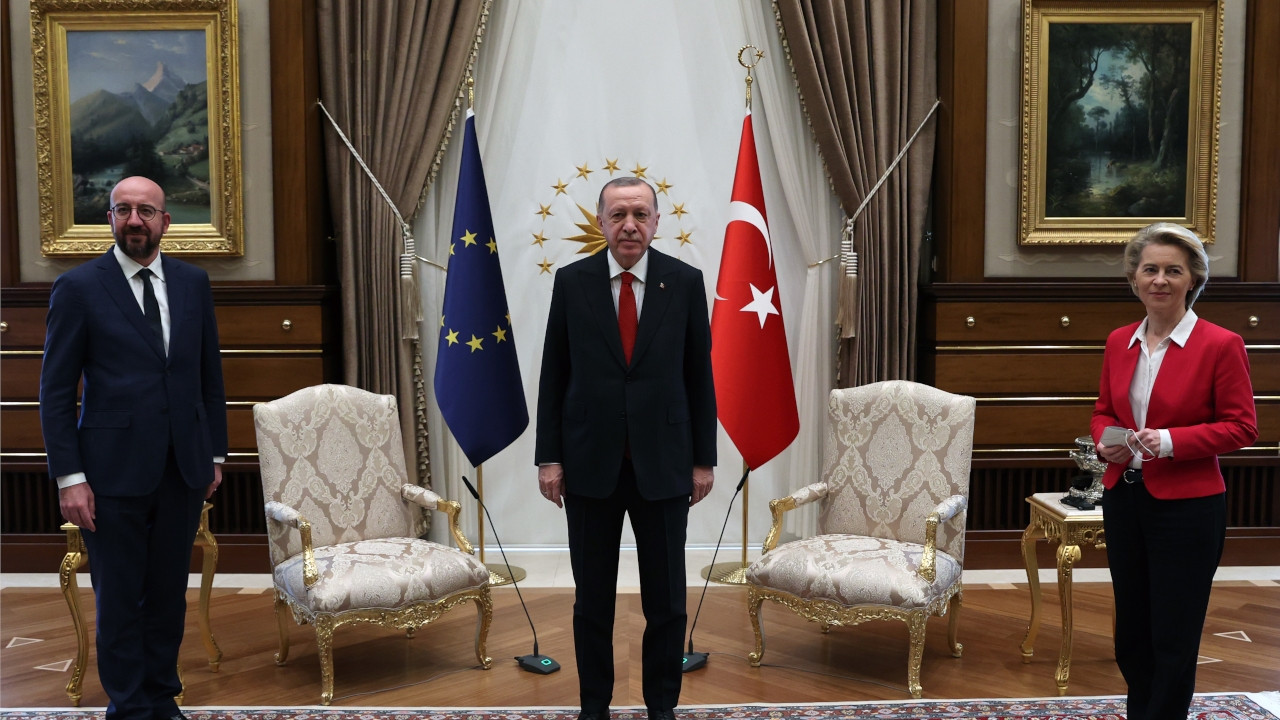Turkey violated HDP MP's right to freedom of expression, top Europe rights court rules
Turkey violated HDP deputy Filiz Kerestecioğlu's right to freedom of expression, the European Court of Human Rights has ruled. In a separate ruling, the court said that Turkey violated journalist Banu Güven's freedom of expression in the case that she filed over a ban on reporting a commission's works.
Duvar English
The European Court of Human Rights (ECHR) has ruled that Turkey violated the right to freedom of expression of pro-Kurdish Peoples' Democratic Party (HDP) deputy Filiz Kerestecioğlu by stripping her of her parliamentary immunity in 2016.
The court said that Turkey violated Article 10 of the European Convention on Human Rights and ordered Turkey to pay Kerestecioğlu 5,000 euros in respect of non-pecuniary damages and 4,000 euros in respect of costs and expenses.
Kerestecioğlu in 2016 took her case to the ECHR, saying that the decision to strip her of her immunity through the constitutional amendment of May 20, 2016 was based on her political opinions.
In its ruling, the court referred to its previous case-law regarding imprisoned former HDP co-chair Selahattin Demirtaş, in which it said that the constitutional amendment of 2016 sought to restrict the political speech of parliamentarians.
"I thank my lawyers Ayşe Akkaya, Gülşah Kaya and Ayşe Bingöl. Fortunately, there are female lawyers. Fortunately, there is a solidarity that makes our efforts visible," Kerestecioğlu said on Twitter after the ruling.
Bugün,dokunulmazlığımın kaldırılmasına ilişkin başvuruma AİHM https://t.co/WKPHjdnC54’den ihlal verdi. Sevgili avukatlarım Ayşe Akkaya,Gülşah Kaya ve uzaklardan bile yetişen Ayşe Bingöl’e çok teşekkürler. İyi ki kadın avukatlar var.İyi ki emeğimizi görünür kılan dayanışmamız var.
— Filiz Kerestecioğlu (@FilizKer) May 4, 2021
In a separate ruling, the court said that Turkey violated journalist Banu Güven's freedom of expression in the case that she filed over a ban on reporting a commission's works.
A parliamentary commission was set up after the December 2013 graft probes in Turkey to look into bribe allegations against four ministers, but reporting it was banned. Güven took the ban to the ECHR, which ruled that Turkey violated Article 10 of the European Convention on Human Rights.
"Press freedom won!" Güven said on Twitter on May 4.
17/25 Aralık'tan sonra dört bakan hakk yolsuzluk rüşvet iddiaları için Meclis Araştırma Komisyonu kurulmuş, ama haberini yapmak yasaklanmıştı. AİHM başvurum üzerine bunun hak ihlali olduğuna karar verdi! Basın özgürlüğü kazandı. @cyberrights ve @KeremALTIPARMAK teşekkürler! https://t.co/ArIhMIq522
— Banu Guven (@banuguven) May 4, 2021
The court, however, deemed the applications of two academics, Yaman Akdeniz and Kerem Altıparmak, on the same issue inadmissible.

 Ban on filming Turkish police officers challenged in top administrative courtHuman Rights
Ban on filming Turkish police officers challenged in top administrative courtHuman Rights Turkey's Constitutional Court rejects application on Cizre basement deathsHuman Rights
Turkey's Constitutional Court rejects application on Cizre basement deathsHuman Rights Merkel calls on Council of Europe member states to swiftly implement ECHR decisionsDiplomacy
Merkel calls on Council of Europe member states to swiftly implement ECHR decisionsDiplomacy EU chiefs call on Turkey to respect human rights, abide by ECHR rulingsDiplomacy
EU chiefs call on Turkey to respect human rights, abide by ECHR rulingsDiplomacy